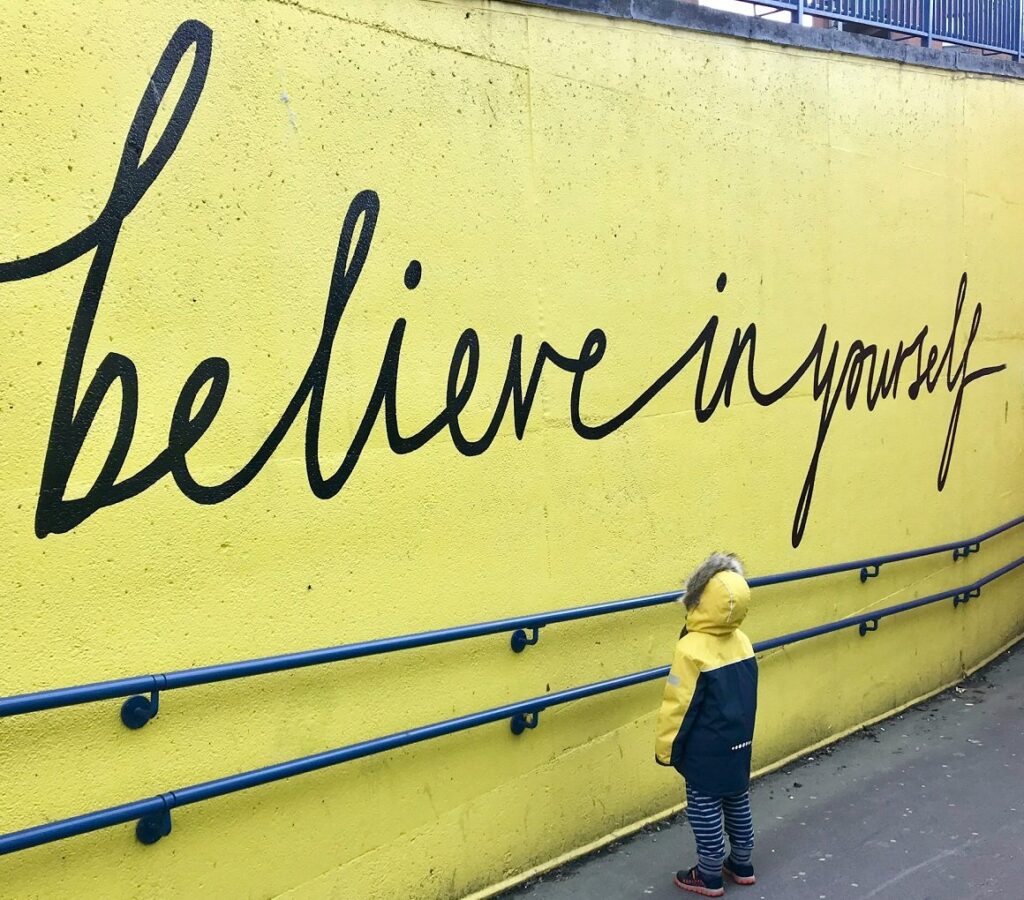An important component of thoughtful leadership development is emotional intelligence (EI). Empathic, genuine, and self-aware leaders use emotional intelligence (EI) to handle difficult interpersonal situations and promote a healthy workplace culture. One necessary element of emotional intelligence (EI) is self-awareness, which enables leaders to recognise their feelings, assets, and limitations. To style deliberate decisions that are steady with one’s own and the organization’s values, self-awareness is necessary.
Another necessary component of emotional intelligence is understanding, which helps leaders establish stronger connections with their group members. A unified and motivated workforce is dependent on a culture of faith and collaboration, which is fostered by appreciating and understanding the viewpoints of employees. Leaders that are compassionate are better able to resolve disputes amicably and inspire their group to overwhelmed obstacles.
Both people and organizations in the vivacious and lively city of London are looking for strategies to realize their greatest potential and accomplish unmatched achievement. The path to success in both personal and professional spheres frequently calls for direction, encouragement, and the appropriate tactics.
Coach for Conscientious Leadership Development
Existence of a conscious, authentic, and purpose-driven leader is all part of being an aware leader. Leaders can improve their self-awareness, emotional intelligence, and ability for moral decision-making by being occupied with a London-based Conscious Leadership Development Coach.
Qualities of Conscientious Leadership:
Self-Awareness: Leaders that are conscious of their values, feelings, and how their actions affect other people are highly aware of these aspects of themselves.
Empathy: They have the ability to relate to and value the viewpoints of their team members on a personal basis. This cultivates a feeling of cooperation and trust.Motivated by a clear sense of purpose that is in line with their beliefs and the organization’s mission, they inspire others to strive towards shared objectives.
Conscious leaders are alert and focused even in difficult circumstances because they practice mindfulness. This supports their ability to maintain composure and make deliberate choices.These coaches, such as one-on-one coaching meetings, reflective movements, and mindfulness practices, employ a range of approaches.
Coach for Developing Self-Assurance
The foundation of both professional and personal success is confidence. Without it, it can be an obstacle for even the most talented people to reach their full potential. Building self-esteem, overcoming self-doubt, and humanizing the assertiveness necessary to positively navigate obstacles are the parts of expertise for a London-based confidence building coach.
Techniques to Help You Gain Confidence:
Cognitive-Behavioral Strategies: These strategies assist clients in reframing unfavorable ideas and opinions that erode self-assurance. Regular use of positive affirmations can help combat self-doubt and strengthen self-belief.
Scenario-Based Training: Through experience and feedback, clients can develop confidence by practicing skills in a safe and controlled environment.These trainers enable their clients to move outside of their comfort zones and take bold steps towards their aims by addressing the fundamental causes of low confidence. Persons can present themselves with declaration and poise in any situation with the assistance of confidence building coaching, which can be particularly helpful for public speaking, vocation advancement, and individual development.
Transformational Life Guidance
The extensive goal of transformational life coaching is to help people make important life changes. This kind of coaching is not just about making and reaching aims; it is also about changing viewpoints, overpowering self-limiting ideas, and building a life that is together incredibly fulfilling and authentically oneself.
Strategies in Transformative Life Coaching:
Visualization: Assisting clients in developing a compelling and distinct picture of the future they want.Setting goals is the process of deciding on precise, attainable objectives that fit the values and ambitions of the client. Building resilience is the process of creating plans for overcoming challenges and recovering from failures.
Transformational life coaches in London assist clients in identifying areas of dissatisfaction, creating meaningful goals, and creating doable plans to bring about long-lasting change. They help clients get through life’s transitions, get over challenges, and realize their potential by offering support, accountability, and motivation.
What Emotional Intelligence Is Used For
In all coaching modalities, emotional intelligence (EI) is essential. EI plays a critical role in the development of self-awareness, empathy, and effective communication in conscious leaders. To help clients control their emotions and develop resilience, confidence building depends on emotional intelligence (EI). Personal development and metamorphosis are promoted by Emotional Intelligence (EI) in clients receiving transformational life coaching.
Emotional Intelligence’s Principal Elements
Being self- aware means being aware of one’s own feelings and how they affect you.
Self-regulation: Emotional control done in a healthy manner.
Motivation: The use of feelings to maintain goal focus. Sharing and comprehending another person’s emotions is called empathy.
Social Skills: Effectively handling relationships.Through the integration of emotional intelligence into coaching, clients can achieve profound personal transformation, increased confidence, and a deeper understanding of both themselves and others.















